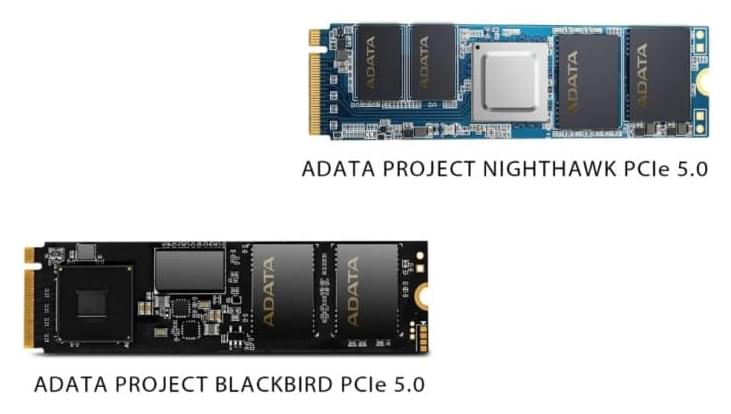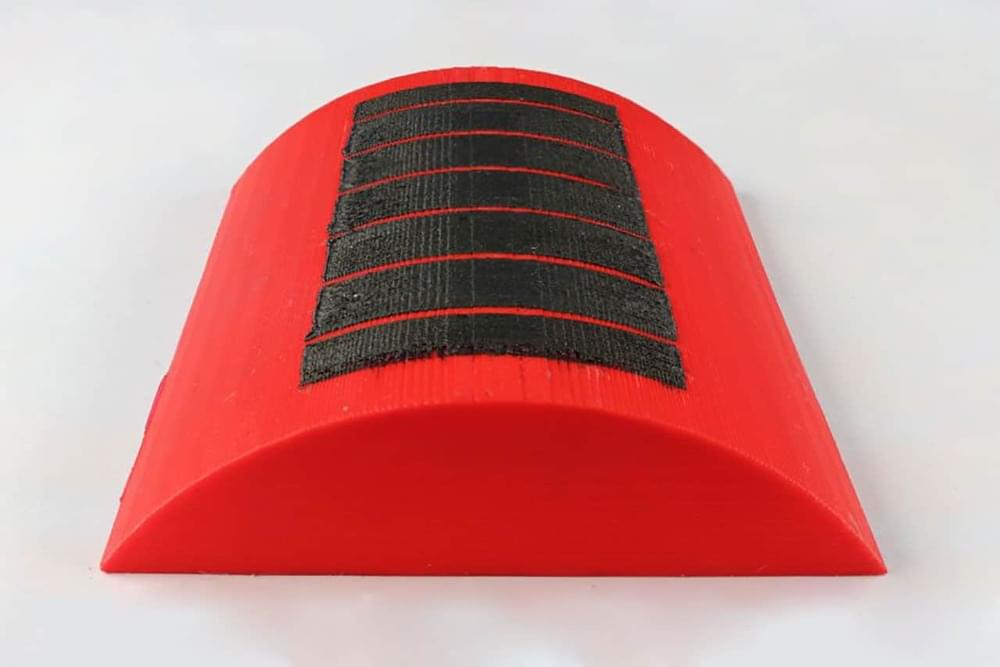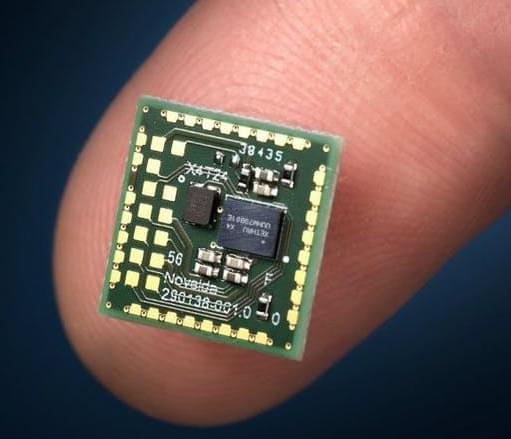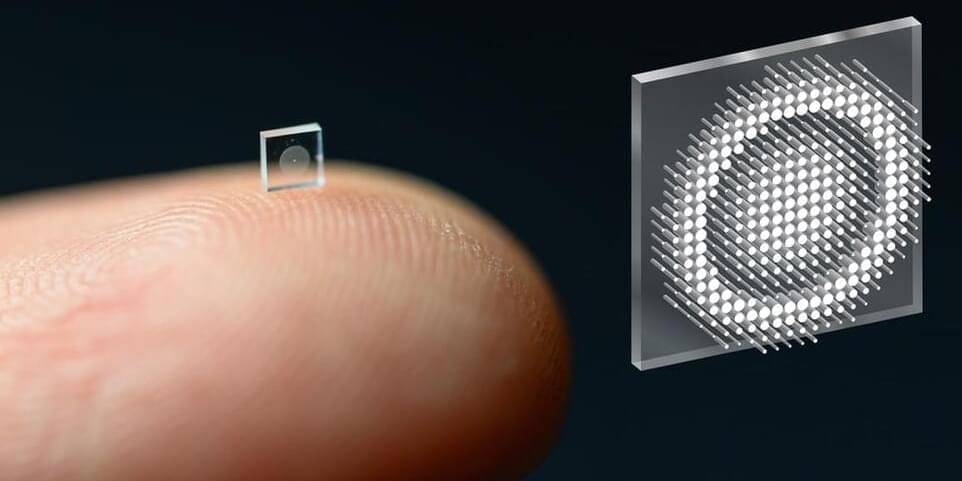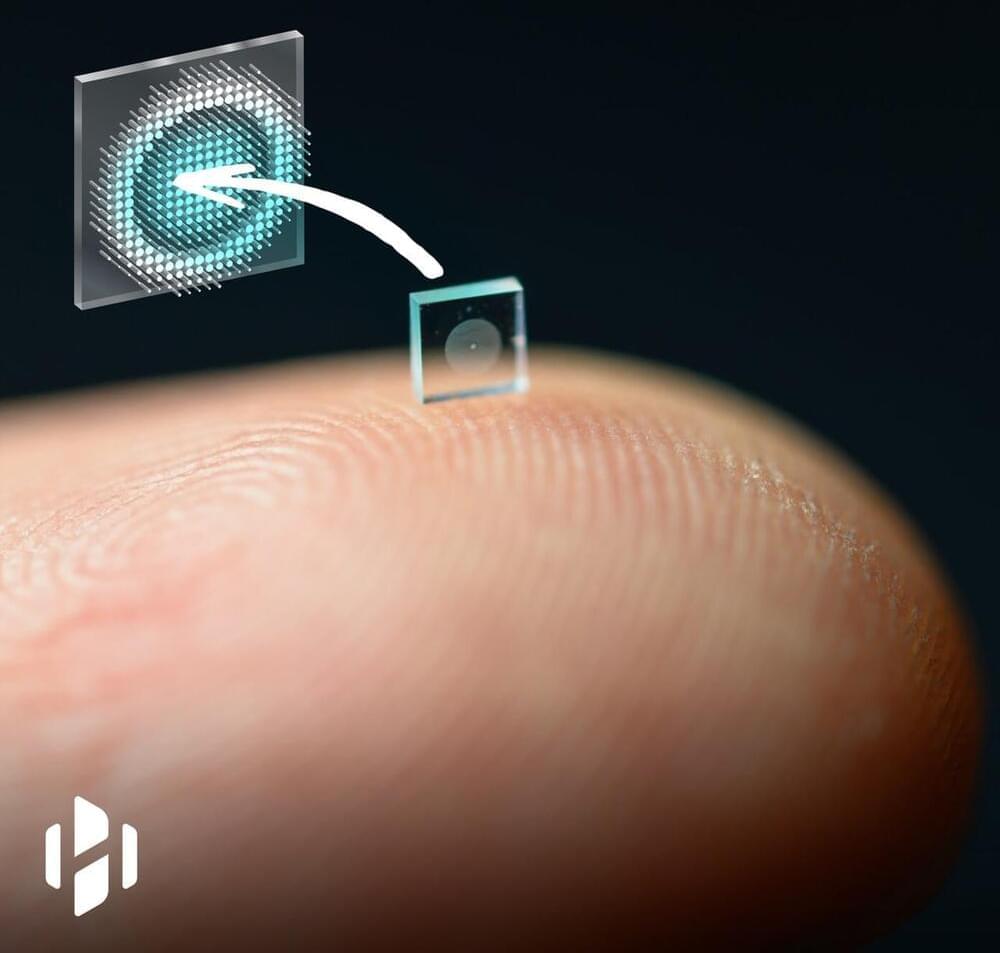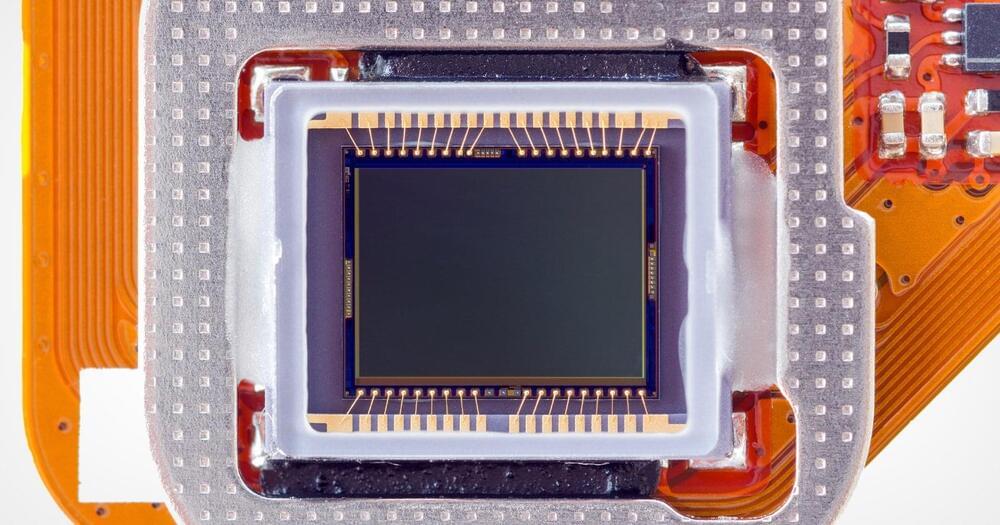
It is the highest resolution sensor of its type ever made.
Canon has developed an image sensor that is capable of capturing high-quality color photography even in the dark. The company says that it will be able to shoot clear photos even in situations where nothing is visible to the naked eye.
In a report from Nikkei, Canon says that it has developed a new type of light-receiving element called a single photon avalanche diode (SPAD) and is implementing it on a CMOS sensor. SPAD photodetector technology on its own isn’t new, and has been in use since the 1970s. However, Canon has managed to create a sensor with 3.2 million pixels, which it says is more than three times the resolution of conventional SPADs and makes it the highest-resolution sensor of its type ever made.
Continue reading “Canon Develops Sensor that Can Shoot Full Color Photos in the Dark” »
